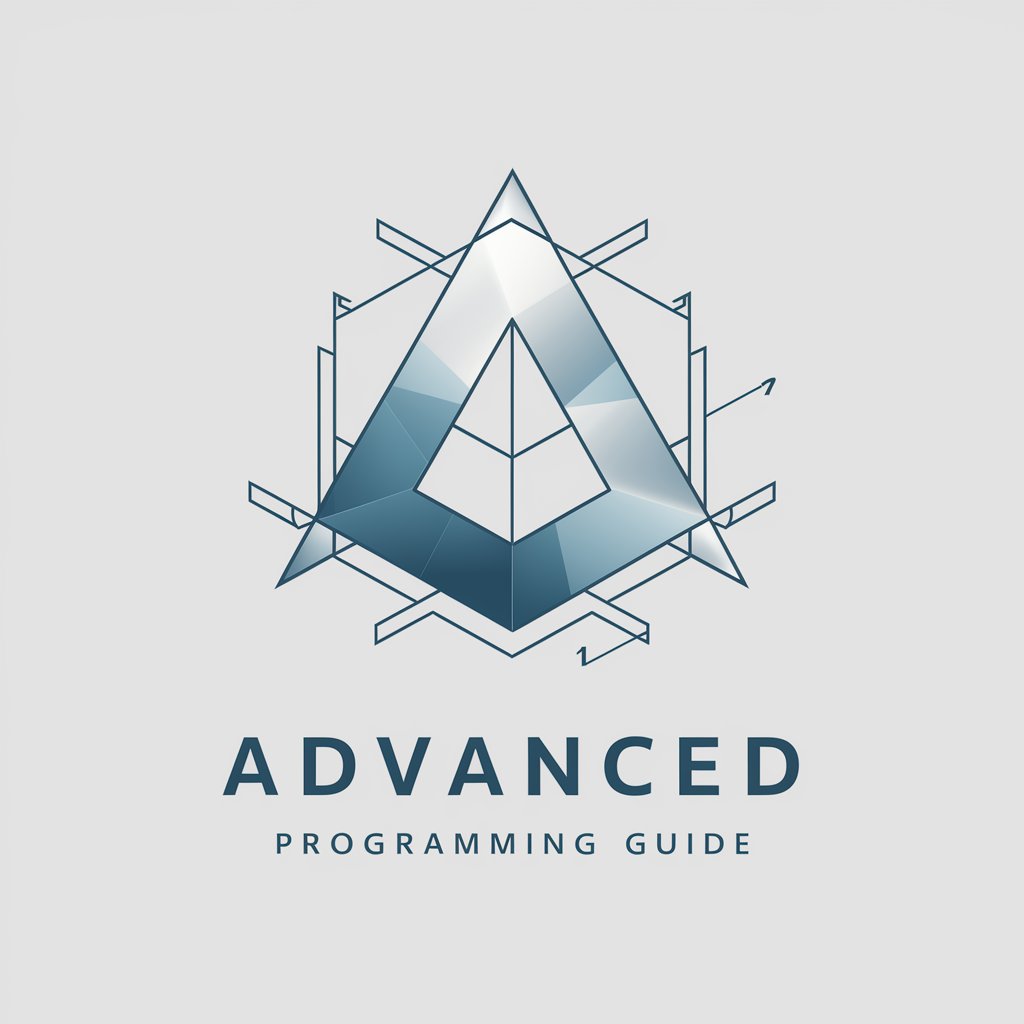C++ in Computational Science - C++ Computational Science Expertise

Hello, ready to dive into computational science with C++?
Empowering scientific discoveries with AI-enhanced C++
Explain the benefits of using C++ for large-scale simulations in computational science.
How can I optimize my C++ code for better performance in scientific simulations?
What are the best C++ libraries for conducting large-scale simulations?
Provide an example of a scalable algorithm in C++ for a complex scientific problem.
Get Embed Code
C++ in Computational Science: An Overview
C++ is a widely used programming language in computational science for its efficiency, close-to-hardware programming capabilities, and object-oriented features. Its design purpose is to enable the development of high-performance simulations and computational models that can tackle complex scientific problems. C++ provides the flexibility to manage memory explicitly and use advanced programming techniques, making it ideal for simulations that require intensive computation and precise control over system resources. Examples of its application include simulating physical phenomena, such as fluid dynamics and quantum mechanics, where precise numerical methods and optimizations are crucial. For instance, C++ is used to develop software that models the behavior of fluids under various conditions, utilizing libraries like Eigen for linear algebra and FFTW for fast Fourier transforms to process complex calculations efficiently. Powered by ChatGPT-4o。

Core Functions of C++ in Computational Science
Numerical Simulation
Example
Solving partial differential equations (PDEs) for weather forecasting models.
Scenario
C++ is utilized to create detailed simulations of atmospheric conditions by solving PDEs. This involves discretizing the equations using methods like finite difference or finite element methods, which are then solved iteratively to predict weather patterns.
Data Processing and Analysis
Example
Analyzing large datasets from particle physics experiments.
Scenario
C++ programs, often integrated with parallel computing frameworks like MPI or OpenMP, process and analyze terabytes of data from experiments like those conducted at the Large Hadron Collider, extracting meaningful insights about fundamental particles.
High-Performance Computing (HPC)
Example
Running large-scale simulations in supercomputing environments.
Scenario
C++ is used to develop scalable and efficient applications that leverage the power of supercomputers, focusing on parallelism and optimization to achieve significant reductions in computation time for complex models, such as climate change predictions.
Real-Time Simulation and Control
Example
Controlling robotic systems in real-time based on sensor data.
Scenario
C++ enables the development of software that can process input from sensors and make immediate decisions to control robotic systems, crucial in applications like autonomous vehicles or surgical robots where low latency and high reliability are critical.
Target User Groups for C++ in Computational Science
Research Scientists
Scientists engaged in research across various domains such as physics, chemistry, and biology benefit from C++'s computational capabilities to model complex systems, analyze experimental data, and simulate theoretical constructs.
Software Engineers in Scientific Computing
Software engineers specializing in scientific computing use C++ to develop and optimize computational tools and applications. Their work often involves creating software that is both highly efficient and capable of performing advanced scientific analyses.
Data Analysts in High-Performance Domains
Data analysts working with large-scale datasets in areas like genomics, climatology, and particle physics rely on C++ for its performance and the ability to handle massive data processing tasks efficiently.
Engineering Professionals
Engineers in fields such as aerospace, automotive, and civil engineering utilize C++ in computational science for simulations that inform design decisions, optimize performance, and predict system behavior under various conditions.

Utilizing C++ in Computational Science
Initiate with a free trial
Begin by exploring computational science tools available online for a free trial, without the need for logging in or subscribing to premium services.
Understand the basics
Grasp fundamental C++ concepts and how they apply to computational science. This includes object-oriented programming, templates for generic programming, and the Standard Template Library (STL).
Select the right tools
Choose appropriate C++ compilers, debuggers, and integrated development environments (IDEs) that support complex computational science projects.
Implement algorithms
Design and implement algorithms tailored to your specific scientific computations. Focus on efficiency, accuracy, and scalability.
Optimize and test
Regularly optimize your code for performance and test it against scientific benchmarks to ensure reliability and accuracy of your simulations.
Try other advanced and practical GPTs
🖥️ Ada Generic Programming Guide
Master Ada generics with AI-powered guidance

💻 C# Memory Optimization Expert
AI-driven C# memory optimization insights.

2 Acre Studios GPT Directory
Your AI-Powered GPT Matchmaker

Market Mentor
Empowering Your Investment Journey with AI

Smart Financial Analyst
AI-Powered Financial Guidance

MTG Master
Elevate Your MTG Game with AI

Python Coding for Kids
Empowering young minds to code with AI.

CyberLegionGPT
Empowering cybersecurity with AI.

Real Estate Financial Consultant
Optimize your real estate investments with AI

C++ for Server Architectures
Optimize server performance with AI-powered C++ insights.

🎯 Master Pascal's Set Data Types
Harness the power of unique element management

🎮 Unity Game Developer
Crafting Worlds with AI-Powered Unity Expertise

In-Depth Q&A on C++ in Computational Science
What makes C++ suitable for large-scale scientific simulations?
C++ offers direct control over hardware resources, which enables highly efficient memory management and computational performance critical for large-scale simulations. Its support for object-oriented and generic programming facilitates code reusability and scalability, making it ideal for evolving scientific models.
How do you manage memory efficiently in C++ for computational science applications?
Effective memory management in C++ involves understanding and utilizing smart pointers to manage resources, leveraging the RAII (Resource Acquisition Is Initialization) principle, and minimizing memory leaks by carefully managing dynamic memory allocation and deallocation.
Can you recommend any C++ libraries specifically useful for computational science?
Yes, several C++ libraries are tailored for computational science, including Eigen for linear algebra, FFTW for Fourier transforms, and Boost for a wide range of computational tasks. These libraries provide optimized, high-level abstractions for complex mathematical operations.
What are the best practices for parallel computing in C++?
For parallel computing, utilize C++11 and newer standards that include built-in support for multithreading and concurrency. Libraries such as OpenMP and MPI are also crucial for developing scalable parallel applications, enabling efficient use of multi-core processors and distributed computing environments.
How can one ensure the accuracy and reliability of computational simulations in C++?
Ensuring accuracy involves rigorous testing against analytical solutions or experimental data, validating numerical methods, and performing sensitivity analyses. Utilizing high-precision data types and controlling for floating-point errors are also essential practices.
